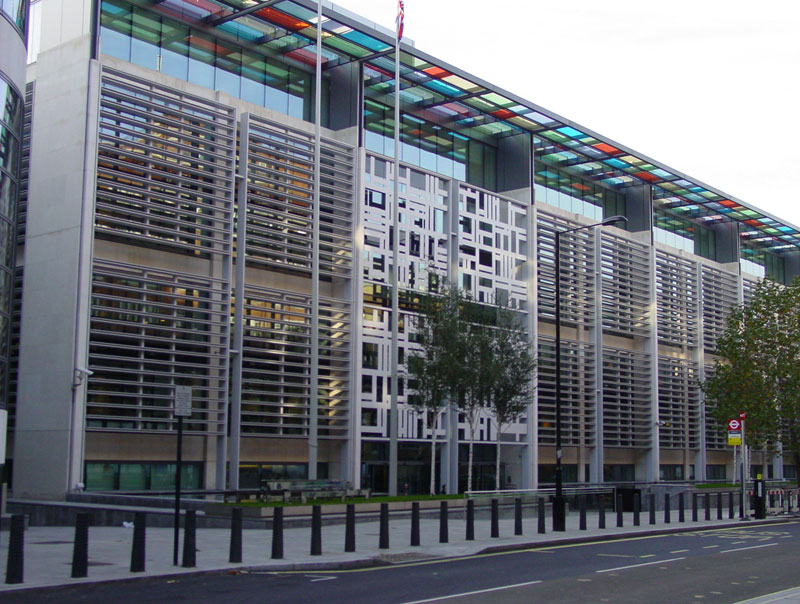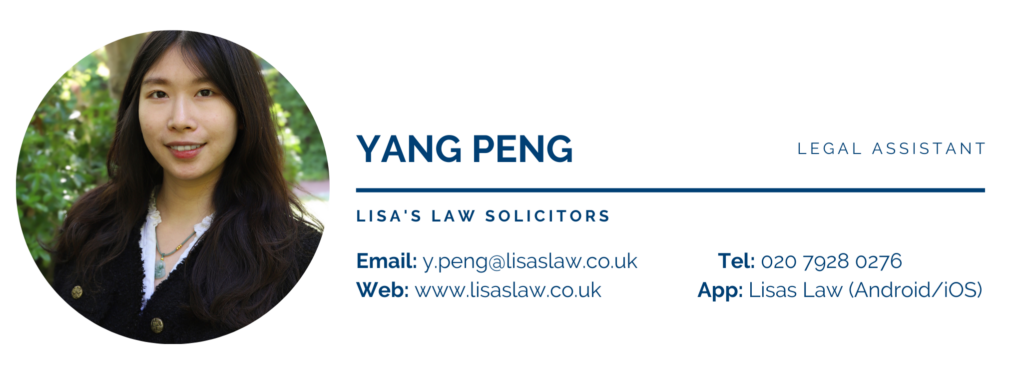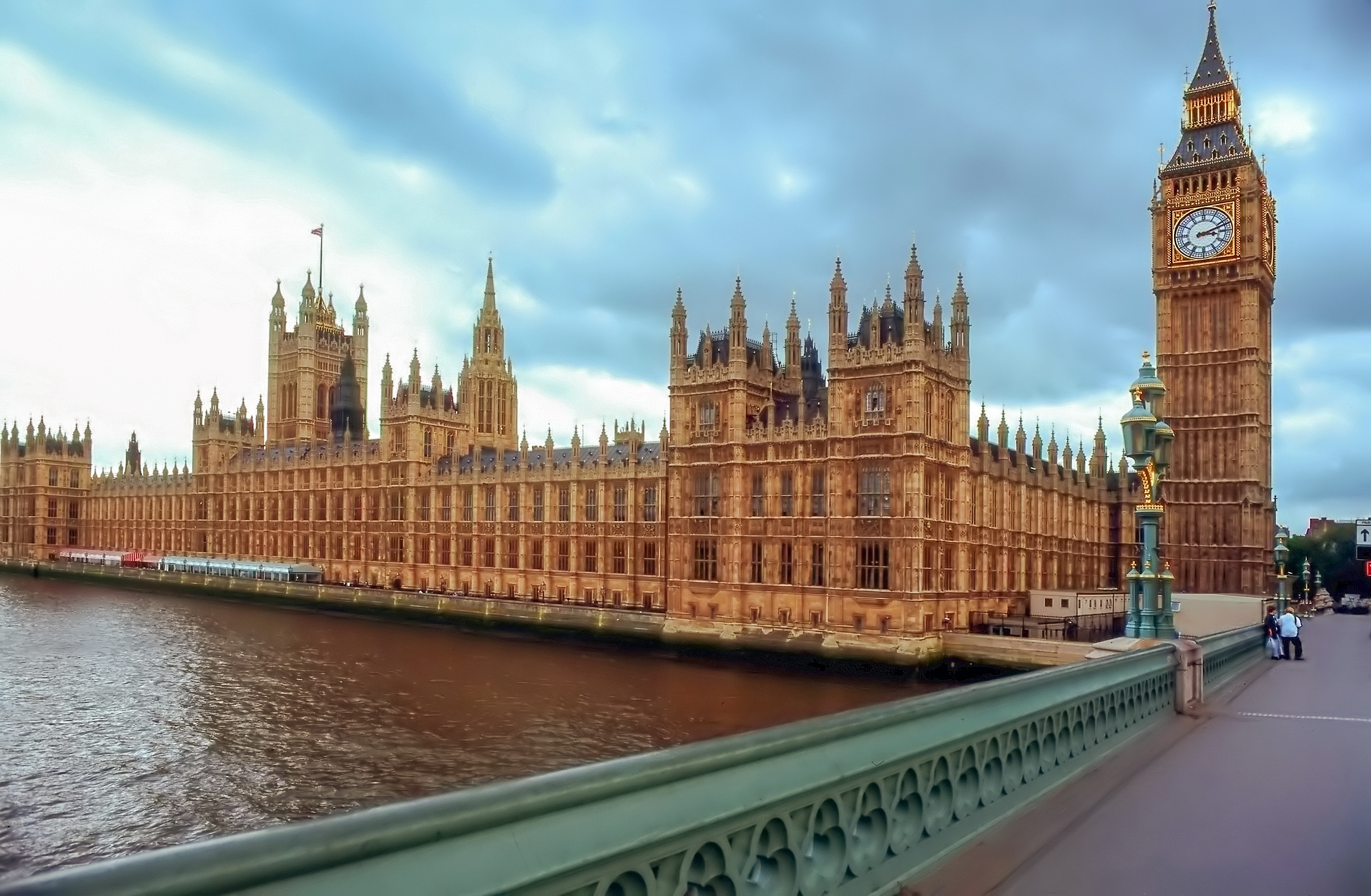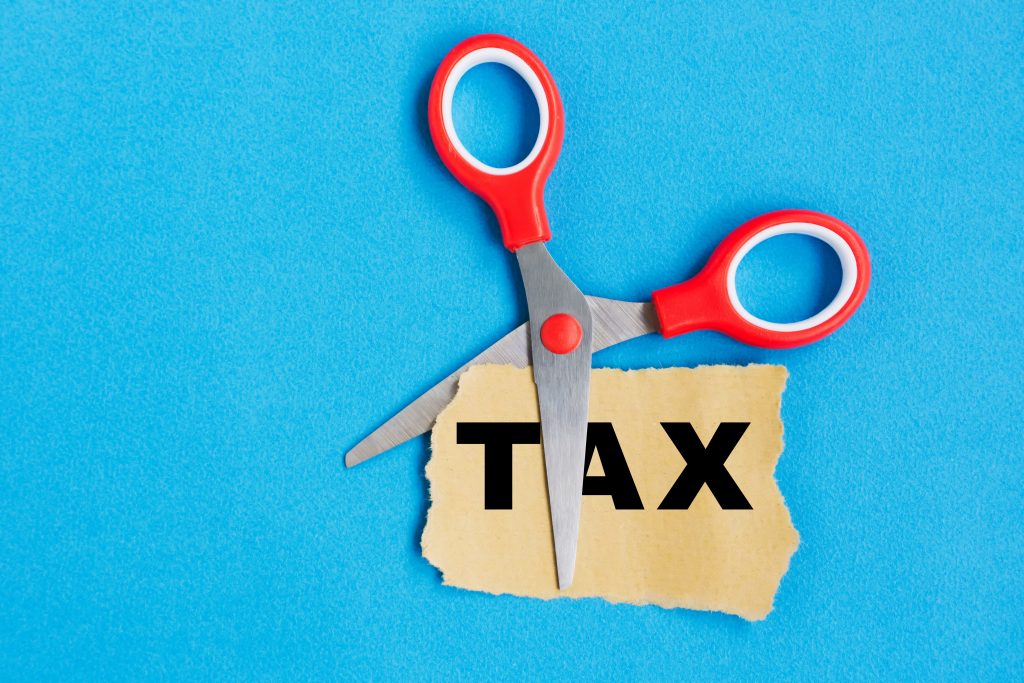We receive many enquiries from owners of small takeaways and restaurants asking if they can obtain a sponsor licence to hire staff from abroad. Many face difficulties in hiring staff from within the UK and require experienced hires from abroad for the recruitment of positions such as chefs. For a number of years there has been a reluctance from owners to make an application for a sponsor licence if they have a relatively small turnover, or a small number of employees.
In this case study, we will delve in how to obtain a sponsor licence for a takeaway business.
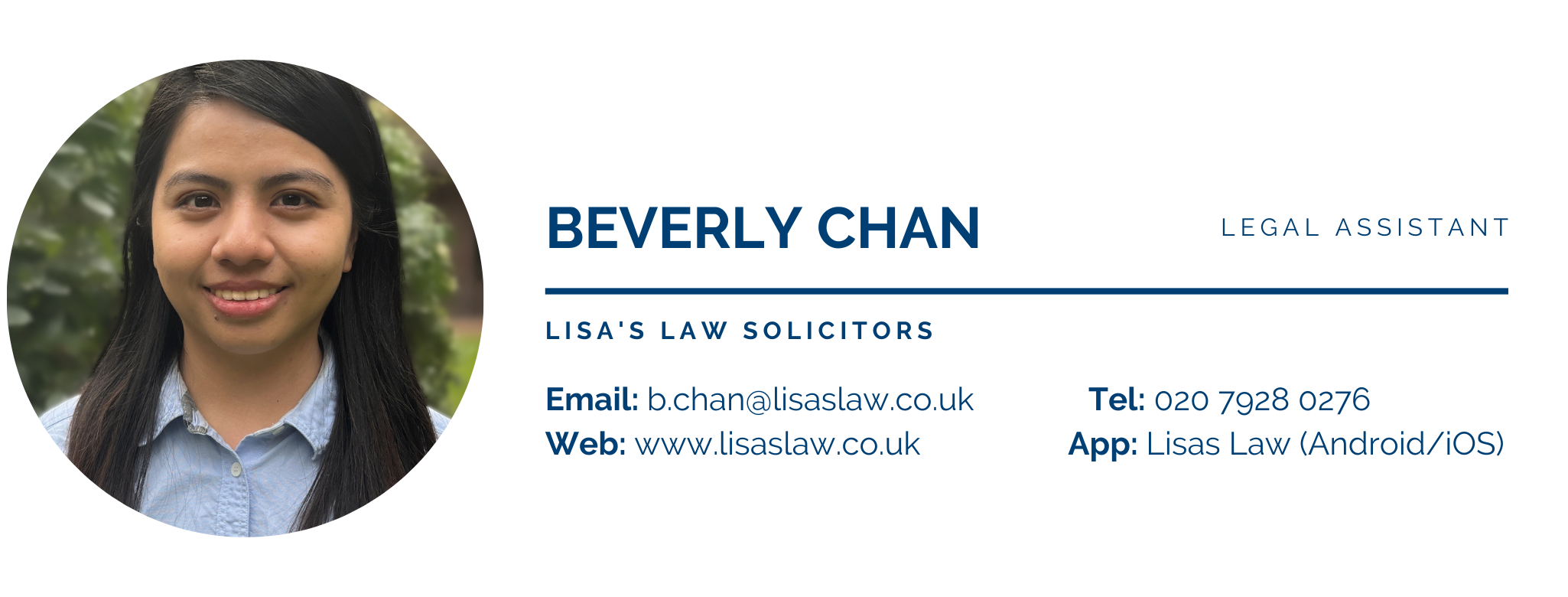
Sponsor licence case study
We were recently successful in obtaining a sponsor licence for a small Chinese takeaway which currently has 3 full time staff and a modest turnover. The takeaway was in real need of hiring an experienced head chef. Despite advertising within the UK, they were unable to find a suitable candidate.
The takeaway approached us for assistance.
We advised the takeaway business that although the Home Office were previously reluctant to grant sponsor licences, this is no longer the case. The key was to understand our client’s business needs and put forward a key plan explaining why the appointment was necessary for the growth of the business.
We also explained the importance of the business being registered, them having an authorising officer, no adverse history, and a HR system. We are able to advise on how to set up an effective HR System.
Finally, we navigated through the large volume of documentation required, and we have been successful in obtaining a sponsor licence for our takeaway client. Our client can now look forward to their anticipate growth and serving their customers with delicious food!
To summarise, the answer is yes, a small takeaway can obtain a sponsor licence and hire talented staff from abroad.
Contact us today should you be interested in a Sponsor Licence.
Have questions? Get in touch today!
Call us on 020 7928 0276, phone calls are operating as usual and we will be taking calls from 9:30am to 6:00pm.
Email us on info@lisaslaw.co.uk.
Use the Ask Lisa function on our website. Simply enter your details and leave a message, we will get right back to you: https://lisaslaw.co.uk/ask-question/
For more updates, follow us on our social media platforms! You can find them all on our Linktree right here.






